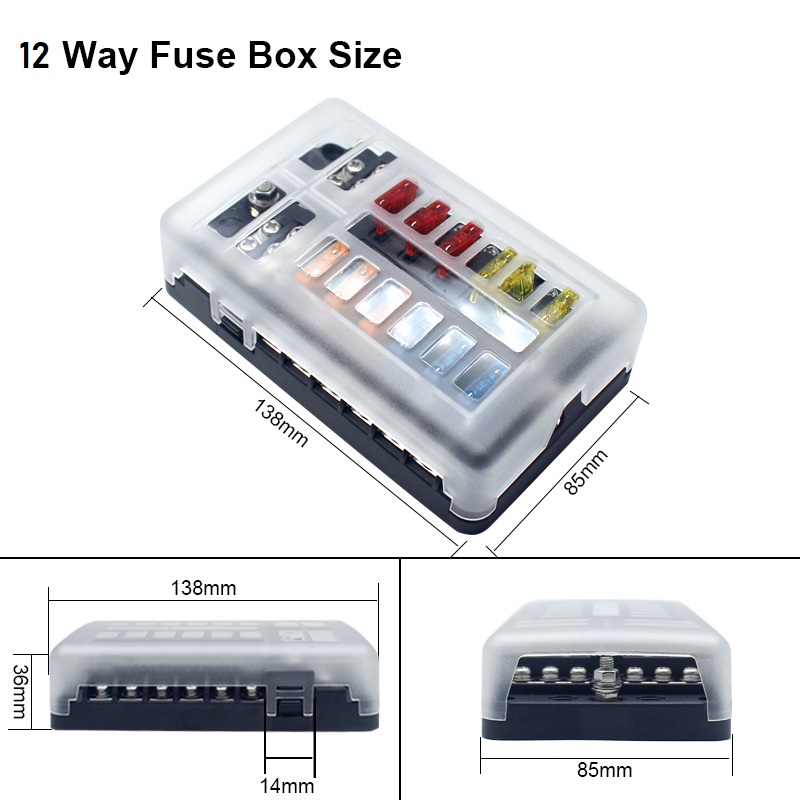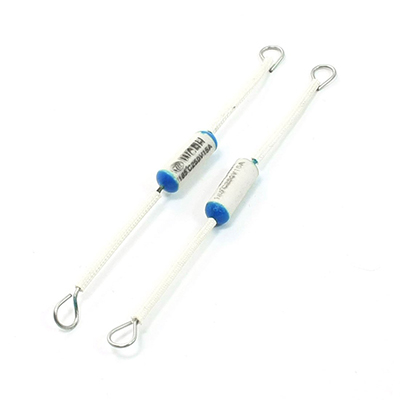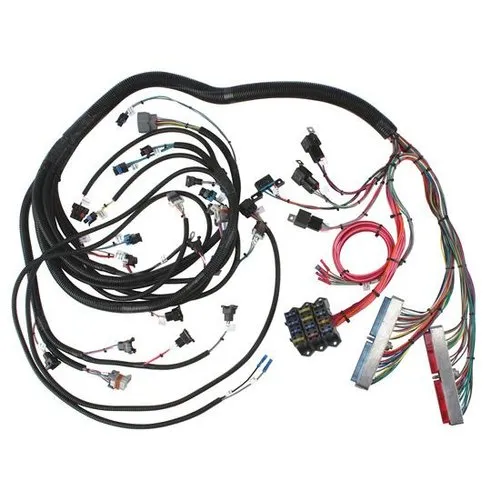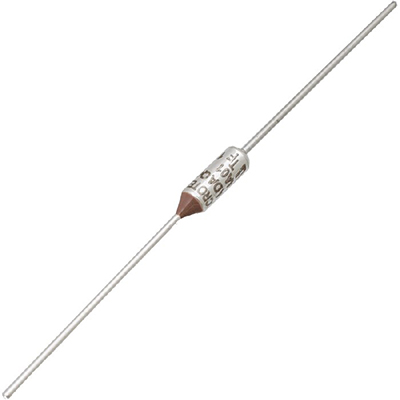Reliable Fuse Boxes for Efficient RV and Camper Electrical Management
News 2025-10-20
In the realm of recreational vehicles and campers, a robust electrical system is essential for safety and convenience during travels. Fuse boxes act as critical guardians, protecting against electrical faults that could lead to fires or damage. They centralize circuit protection, making it easier to manage power distribution for everything from lighting to appliances. Understanding their role helps RV enthusiasts maintain reliable systems that withstand the demands of off-grid adventures.

Key Applications in RV and Camper Setups
RV and camper electrical systems rely on fuse boxes in various scenarios, such as safeguarding 12V DC circuits for interior lights, water pumps, and refrigeration. In setups with inverters, fuse boxes protect against overloads when converting DC to AC for running microwaves or air conditioners. They are also vital in solar-powered systems, where they manage charging controllers and battery banks, ensuring efficient energy use without risking component failure in remote locations.
Performance Benefits of Fuse Boxes
Fuse boxes provide superior protection by quickly interrupting power during shorts or overloads, minimizing risks and preserving equipment longevity. Their compact design allows for easy integration into tight RV spaces, while modular options enable customization for specific needs, like adding circuits for new devices. Built with durable materials, they handle vibrations and temperature fluctuations common in mobile environments, offering consistent performance that enhances overall system reliability and user peace of mind.
Frequently Asked Questions
1. What types of fuses are best for RV electrical systems?
Answer: Blade and glass fuses are ideal due to their compact size and quick replacement, providing reliable protection for common RV circuits.
2. How can I ensure my fuse box matches my RV’s requirements?
Answer: Check the amperage and circuit count needed for your setup, and select models compatible with standard RV wiring to avoid compatibility issues.
3. Is professional installation necessary for a fuse box?
Answer: While DIY installation is feasible with basic knowledge, consulting an expert ensures proper setup and adherence to safety standards, reducing potential hazards.


